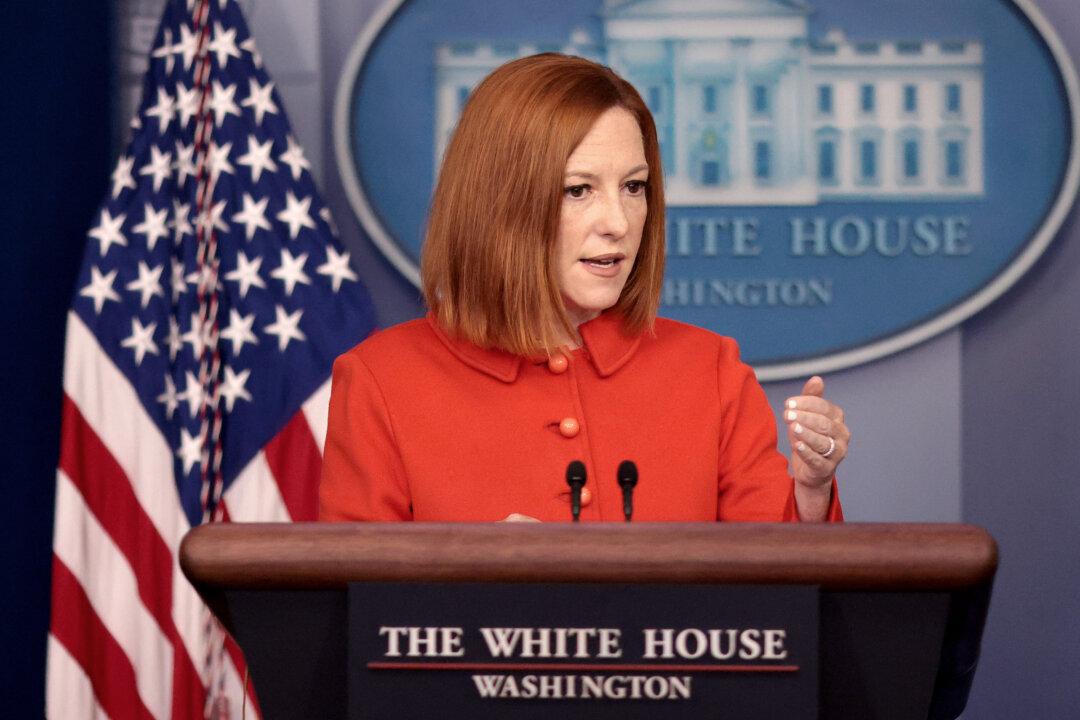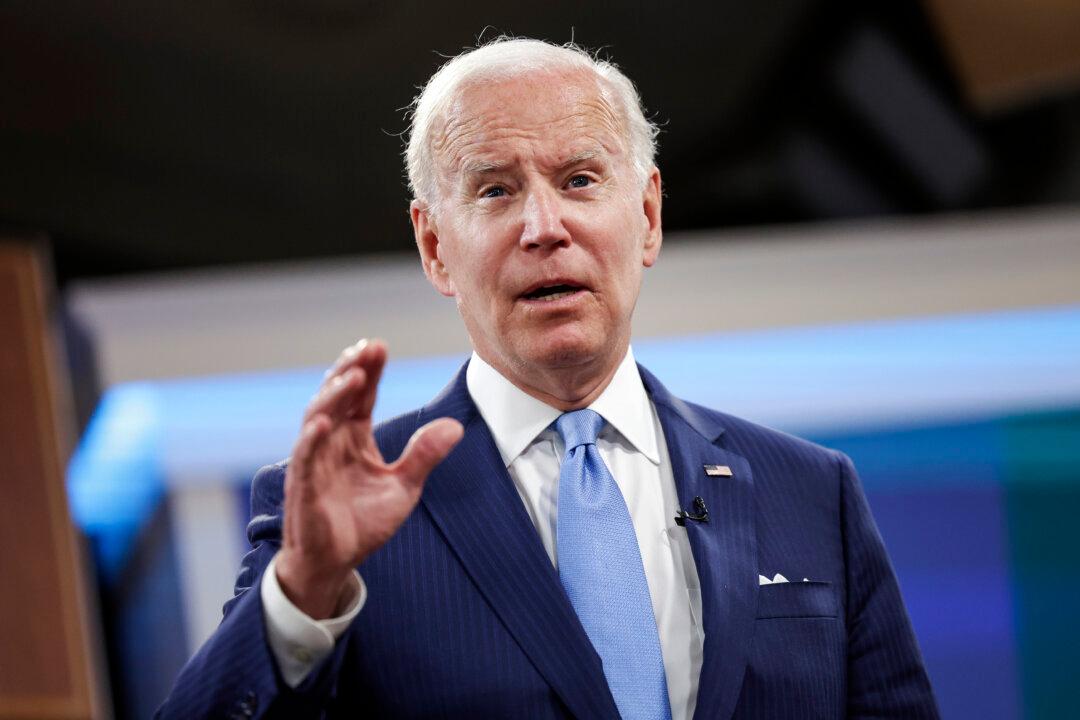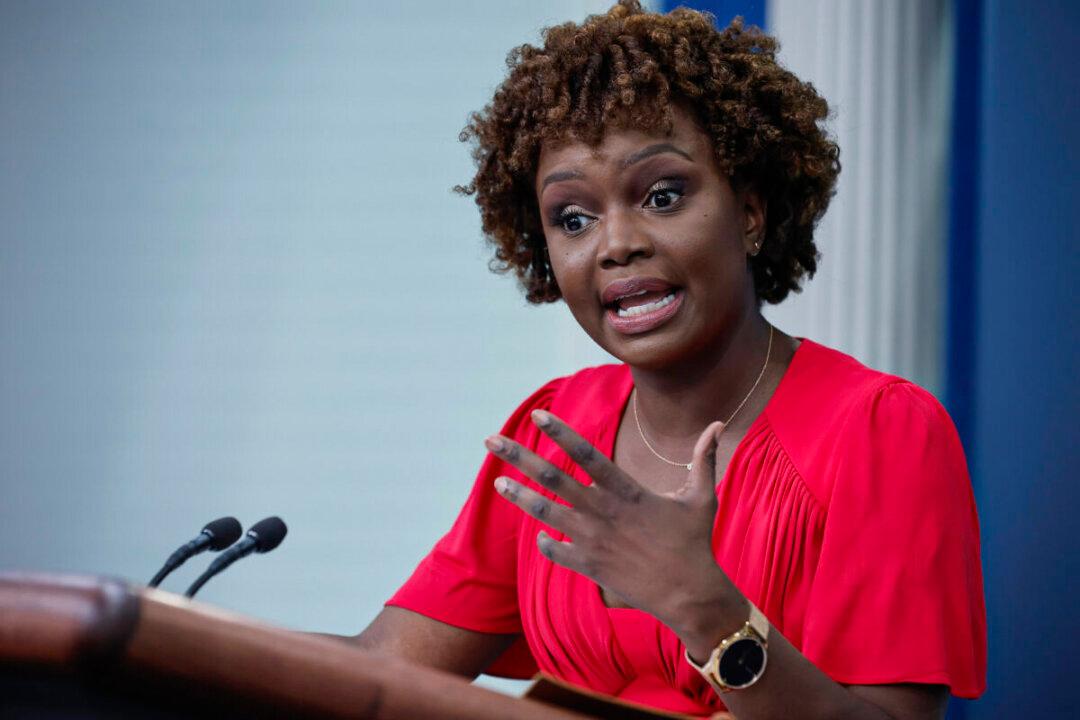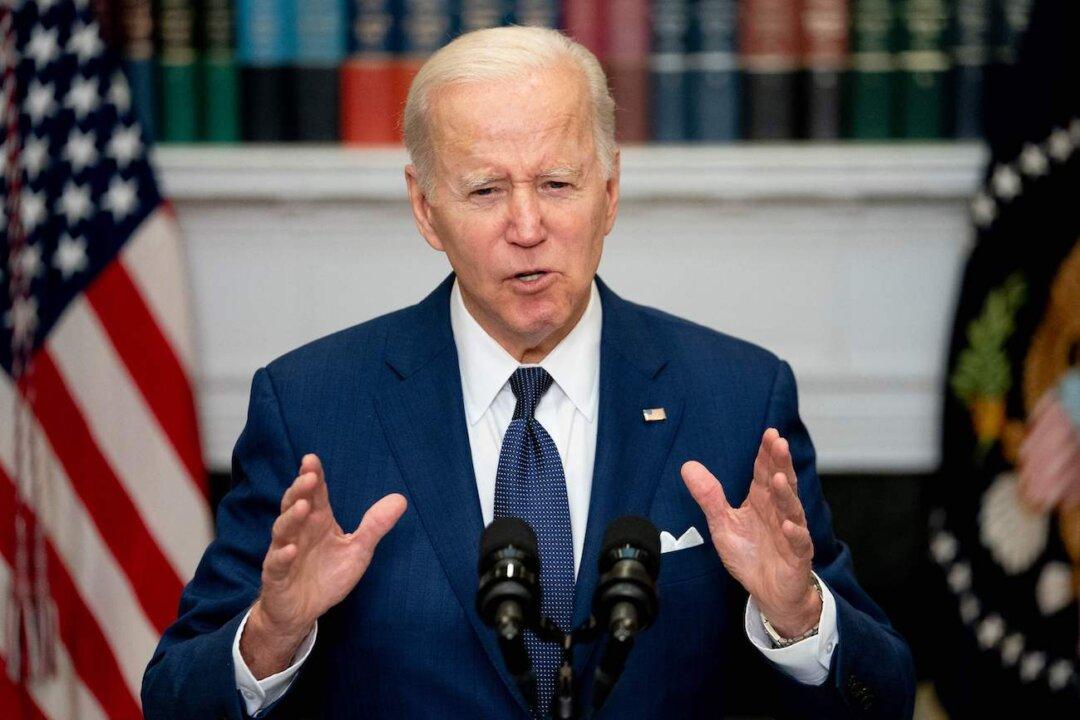The White House and federal health officials are standing by the decision to announce the plans for COVID-19 booster shots for many Americans back in August ahead of the Food and Drug Administration’s (FDA) and Center for Disease Control and Prevention’s (CDC) approval for the extra doses.
The announcement issued by eight top government doctors on Aug. 18 notes clear evidence the COVID-19 vaccine effectiveness decreases over time and reveals a plan to roll out booster shots in response. The Biden administration then laid out plans to begin giving booster shots to more Americans starting Sept. 20.




